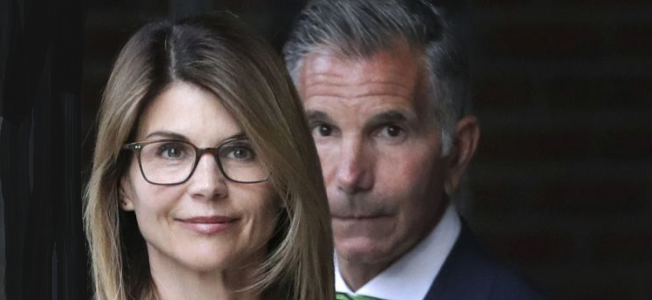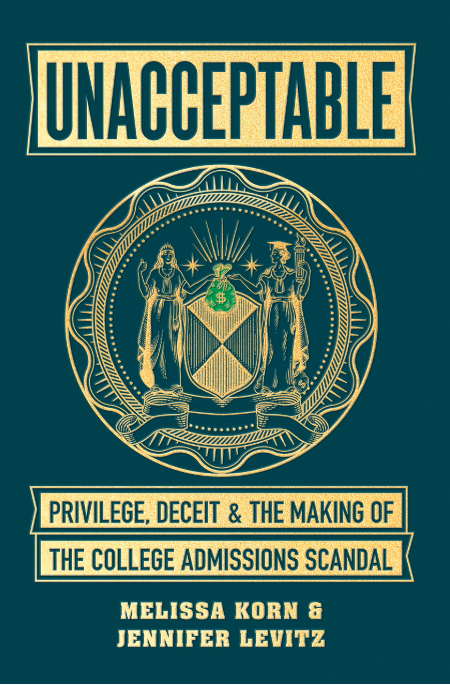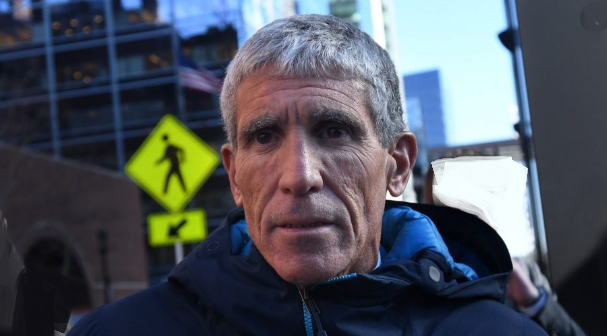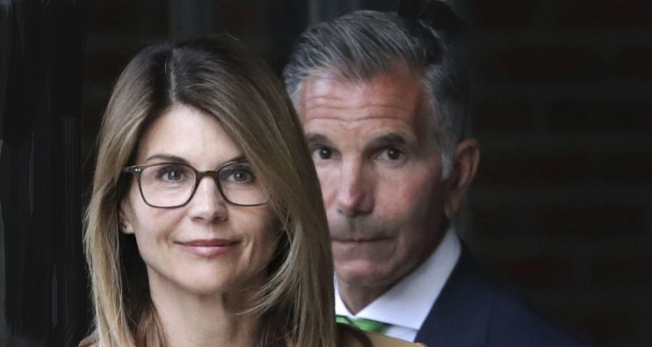
True crime story of corruption scandal of side door entrance to elite US universities




True crime story of corruption, greed, fraud, celebrity, and justice in a cheating scandal of Meritocracy.
Bribes are not necessarily the phenomenon of third world countries where the elite can buy into almost anything, but US universities are open to accepting bribes for elite college admissions.
For most Americans, admission to Yale is as unlikely as it is unaffordable with high academic standards coupled with $80, 000 a year college fees. Yet one family “ Client” of Rick Singer, a private operator of “college counselling” the sticker price was a smidgeon
compared with the $1.2m illicitly offered to ease their child ‘s entry.
Some of the burgeoning US industry “fat cats” of private college counsellors, are paid large sums of money by wealthy students to coach university choices, tutor for exams, and provide feedback on applications to enhance the chances of admission.
Over the past decade, the US Department of Justice says Singer offered much more to at least 30 wealthy couples, from the actress Felicity Huffman to the social impact fund manager Bill McGlashan ( who, however, denies bribery) and the corporate attorney Gordon Caplan.
As league tables have reinforced the superiority among elite institutions, so competition for places has increased, resulting in increased anxiety among children and insecurities for their parents. The uncertainty of entry through the “front door” allowed Singer to tempt well-heeled clients with an alternative “ side door” into Yale, Stanford, Georgetown, and the University of Texas among others.
Bribes to by elite college places were revealing corrosive ambition on all sides.
The largest college admissions scam ever prosecuted by the Department of Justice broke on March 12, 2019, sending shock waves through American schools and families.
Veteran Wall Street reports Melissa Korn and Jennifer Levitz trace the wiretapped calls, covert payments, and blatant deceit that brought the feds to Beverly Hills Mansions and Upper East Side apartments their residents all linked by one man ultimate hustler Rick Singer.
Over decades the charismatic Singer exploited a system rigged against poor and regular people. Exploring the status obsession that seduced entitled parents in search of an edge.
Korn and Levitz reveal more than fifty conspirators – a catalog of wealth and privilege that included CEOs, lawyers, real-estate developers, financiers, and famous actresses, mingling in jail cells and courtrooms.
Unacceptable takes the lid off the ugly underbelly of elite college admissions as a game with no rule book- paid-off proctors and storied college coaches turning a blind eye, helicopter parents, and coddled teens spinning lies- opening loopholes and side doors into America’s most exclusive institutions.
Dozens of parents were arrested in the college admissions scandal on March 12, 2019, and several ended up together with Rick Singer, in the same Los Angeles jail cell.
The men’s cell included Mossimo Giannulli, whose wife Lori Loughlin was about to be arrested while on location in Canada. Beverly Hill developer Robert Flaxman, entrepreneur Devin Sloane, periodontist Homayoun Zadeh and two soccer coaches identified as “an onetime star from USC and one from the University of California, Los Angeles.”
Until finally one of the coaches piped up: “Do you all know Rick Singer?” to which “ mouths fell open. A sense of understanding spread, followed by dread. Together the men moaned as a chorus: “F…!”, “Oh Yeah, they knew Rick Singer.”
Singer who recruited sympathetic doctors to diagnose learning disorder to buy students extra time to take college admissions tests, and even paid directly for stand-ins to take the exams. He fabricated claims that applicants were African-American or the first generation in their families to go to college.
For a former basketball coach, Singer developed a particular specialty of trading donations -sometimes even tax-deductible- to college sports in exchange for recommendations for entry, based on fabricated claims of applicants’ prowess backed up by false testimonies and images. After admission, students would take “ Walk-on” roles, sometimes never competing before pleading pressure of work and dropping out of their teams.
Singer recruited underpaid coaches and pressured them to raise large sums, and identifying rich parents tempted to cross the lines of morality.
Singer played on self-righteous claims that they only wanted the best for their children, often concealing a more selfish agenda for bragging right but being indifferent to the perpetuation of inequality.
Investigators stumbled across one scheme during an unrelated probe of one of his clients –“Operation VAristy Blues”, co-ordinated out of the Massachusetts district attorney’s office, triggering tapping Singer’s phones to gather testimony from others. The writers highlight that most beneficiaries come for affluent neighborhoods, while sports scholarship can provide a boost for talented children of minorities to enter universities, teams’ ranks are in practice dominated by white students.
Some of Singer’s clients including Huffman and Caplan pleaded guilty and convicted for their efforts to buy admission into elite universities through the side door with bribes.
Unacceptable: Privilege, Deceit & the Making of the College Admissions Scandal by Melissa Korn and Jennifer Levitz, Penguin Portfolio $28, 384 pages.
